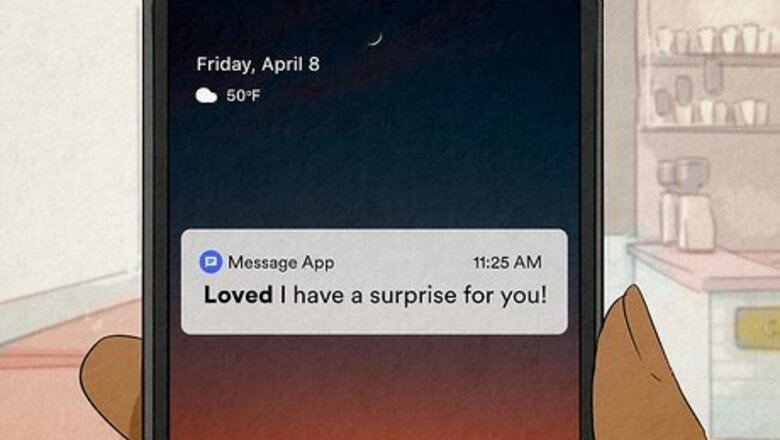
views
What a 'Loved' Notification Means on Android
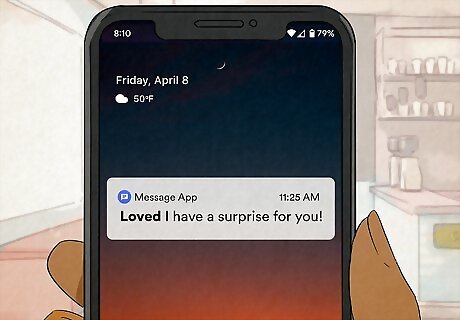
You texted an iPhone user and they reacted to your message. Since iPhone users have a feature that allows them to “love” a text, they tapped your message and chose a “heart” to express themselves. You won’t see the heart because your Android phone doesn’t use the same “iMessage” SMS—Short Message System—as an iPhone user. Instead, you’ll just see the phrase “Loved” next to another copy of your text. For example, you’ll see something like, “Loved I have a surprise for you!” When you’re in a group chat and lots of iPhone users “love” your comment, you’ll see many duplicate versions of your text. If you want to avoid seeing copies of your same text, you can ask your friends to install a “cross-platform” app designed for all phones, like WhatsApp. You can also remind your buddies with iPhones that you can’t see the heart from their “love” reaction. Newer Android phones may translate an iPhone reaction like a "love" into a heart emoji if the Show iPhone reactions as emoji featured is turned on.
What a 'Loved' Notification Means on iPhone
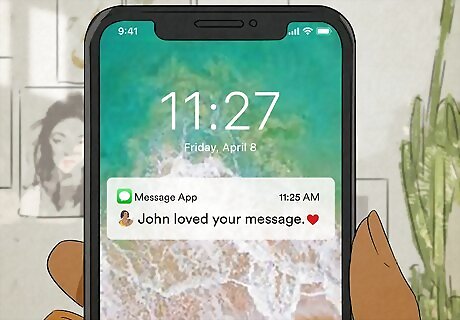
You messaged a person who also has iOS, so they gave you a “reaction.” iPhones have five “reactions”—a heart, a “haha,” an exclamation mark, a thumbs up, and a thumbs down—that you both can select from if you press down on a text bubble. When someone chooses the heart, or “love” reaction, you’ll see it pop up on the top left hand corner of your text. A heart or “love” reaction is called a “Tapback” because you can quickly give or receive a response with a single tap of your finger. iPhones also allow you both to “love” the images or gifs that you share. A “love” reaction usually sends a stronger message than a “like” or “thumbs up” reaction. For example, if they “love” a picture of your cat, they’re a huge fan of it.
What does it mean when someone “loved” my text?
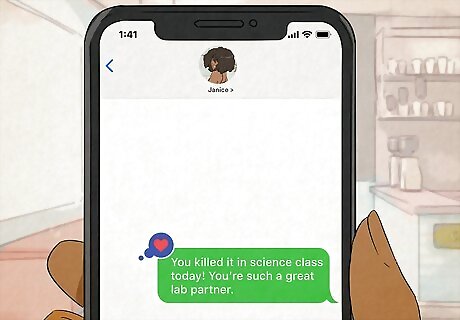
They’re saying they really care about you. Your buddies or relatives may choose a “love” reaction if they’re feeling sentimental—for example, they might be excited because you wished them a happy birthday. If they’re someone you’re dating or your SO, then they might “love” a simple goodnight message from you. That way, they can express that you’re always in their heart. When you’re sad or need support, they may also “love” a text that’s really emotionally vulnerable to prove that they sympathize for you and are always on your side.
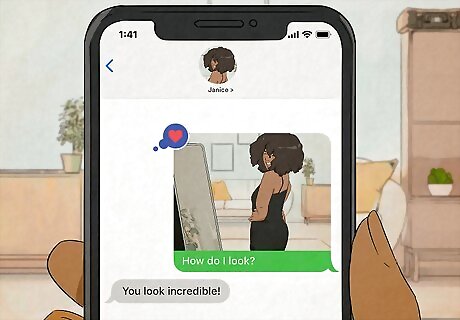
They’re impressed with what you shared. Maybe you hit them with a clever joke, an impressive meme, or a wholesome gif. They’ll “love” it to say it really made them smile or laugh. If they have a crush on you, they may use a “love” reaction when your adorable selfie or flirty remark makes them swoon. Since they’re so excited, they’ll probably also follow up with a comment that gives more context. For example, they might say, “That’s hilarious!” or “You look incredible!”
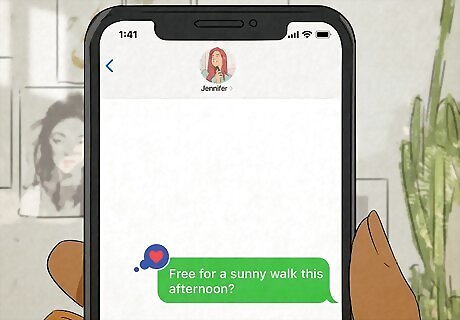
They really agree with your opinion. If you spoke up for your beliefs or shared a hot take about a subject, they might use a “love” reaction to tell you that you blew their mind or that they share the exact same outlook. That heart they respond with is their way to cheer you on and say you’re both on the same team. They may also announce how thrilled they are that you helped them see the world in a new light or in a similar way you do. For instance, they might make a comment like, “That’s so mind blowing!” or “You’re totally right!”
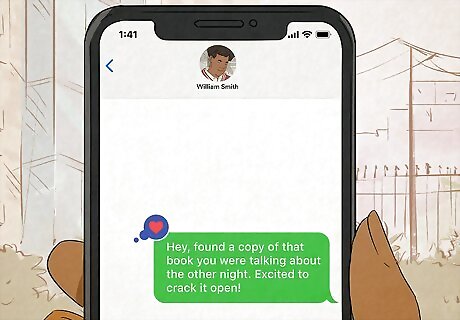
They don’t know what else to say. If you made a comment that really inspired or moved them, they might be at a loss for words. Maybe you brought up a fun plan that they never would’ve thought of, like a whirlwind road trip, or you stunned them with a romantic confession. You might’ve also said something that was so deep that they’re still chewing it over. Whatever the case is, a “love” reaction buys them time to answer. They might also make a brief, generic reply like, “lol wow” or “OMG!” to tell you they’re amazed. They may also throw in emojis and make a confession like, “???? I’m speechless!”
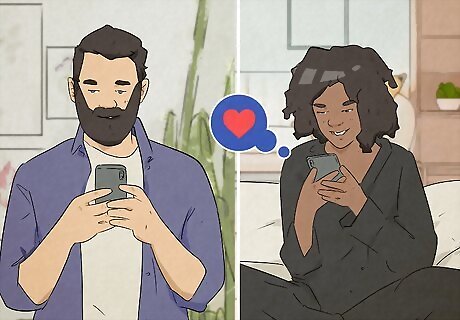
They want a convenient way to end the convo. Maybe they’ve had a long day or they’re just tired. Usually, your friends will press the “love” reaction because they can’t be fully present but they still want to express that you matter to them. Your buddies will probably follow up with you later when they have more energy. In some cases, someone might “love” your text as a way to “soft ghost” you. “Soft ghosting” happens when anyone—such as a crush or an acquaintance—reacts to your message but doesn’t intend to ever say anything after that. They may chat with you way later down the line.


















Comments
0 comment